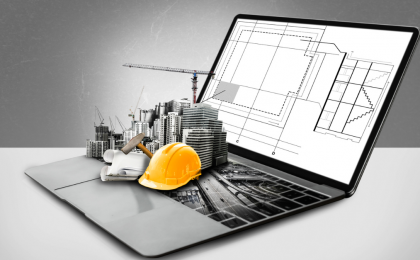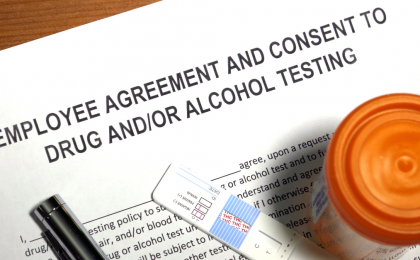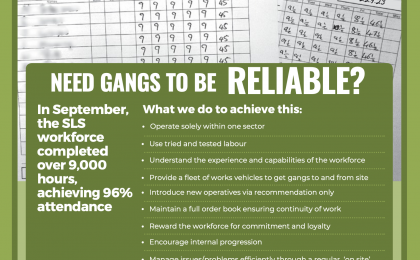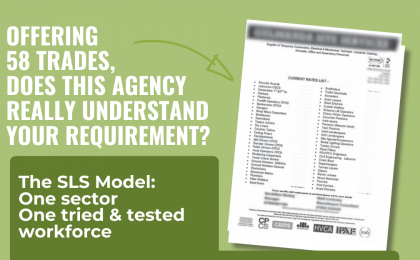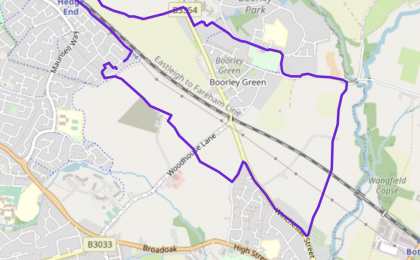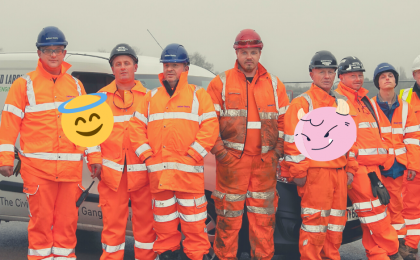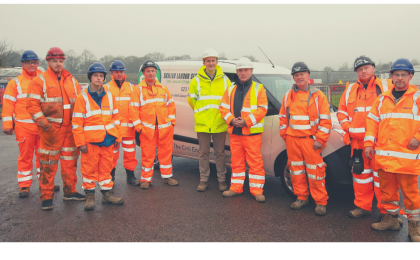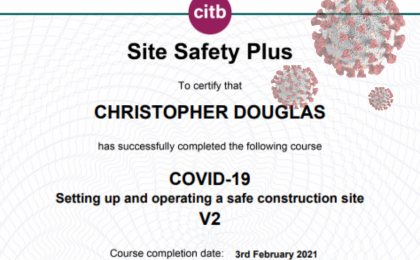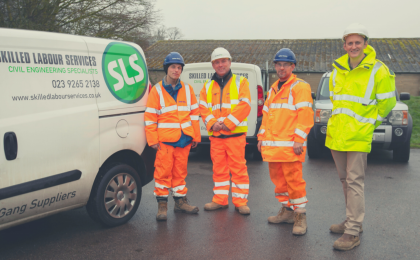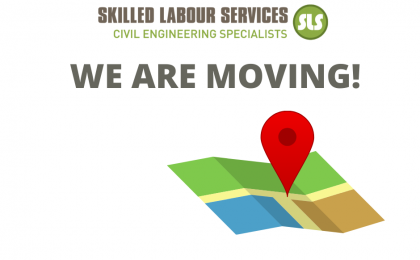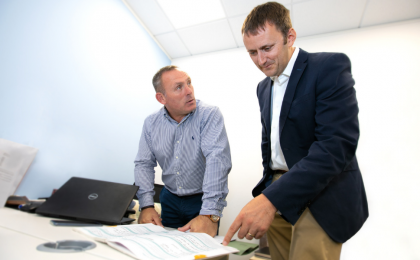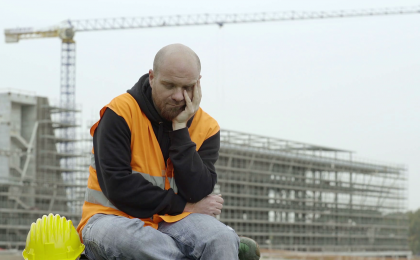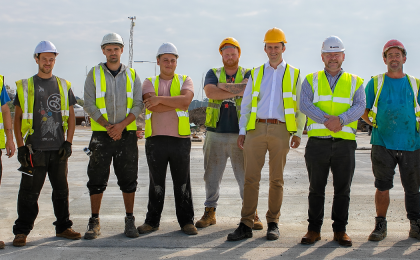Tackling The Stigma
What is Mental Health?
“Mental Health is defined as a state of well-being in which every individual realizes his or her own potential, can cope with the normal stresses of life, can work productively and is able to make contributions to her or his community “ -World Health Organization
If you’re in good mental health you can:
- Make the most of your potential
- Cope with life
- Play a full part in your family, workplace, community and amongst friends.
Everyone is different, and everyone handles situations differently.
What is Ill Mental Health?
Mental health issues can range from the everyday worries we all experience as part of everyday life to serious long-term conditions which continue to affect our everyday well- being such as:
- Anxiety
- Depression
- Psychosis
- Schizophrenia
Symptoms can manifest in many different ways and it is important to be able to spot these early on , prevention and early intervention are key to a person’s recovery.
Putting the MEN in Mental Health
As the construction industry is predominately male, a man struggling with poor mental health won’t always let others know, and approaching mental health is not always easy, this contributes to the stigma surrounding ill mental health. Men in particular are reluctant to open up in fear of looking weak and because on social expectations.
In England 1 in 8 men have poor mental health and are less likely to access psychological therapies, this combined with a demanding job role such as working within the construction industry can lead to drugs and alcohol addiction,self harm and suicide.
Men are more likely to substance abuse and become dependent on alcohol. This is because they feel they cannot speak openly about how they feel, so they look for ways to suppress their emotions.
The construction industry is renowned for tight deadlines, physical labour and long hours, these alone can contribute to poor mental health.
In 2017 out of 5,821 suicides reported 75% of these were male….
Signs to look out for:
While signs of a person struggling with mental health can vary, some typical signs can be easy to spot, for example people that are usually outgoing may become withdrawn and quiet, they may:
- Start under-performing their usual duties (poor concentration, becoming forgetful, easily distracted)
- Have extreme mood changes
- Be constantly worn out and tired
- Appear nervous and restless

I think someone may need help, how do I approach them?
The thing most people struggle with is how to approach someone who is having mental health difficulties.
Quietly taking the person to one side and asking ‘if they’re ok’ and offering to listen can be extremely vital in helping someone to open up.
At a recent MHFA course I learned the following 5 basic steps:
A-Approach the person, assess and assist with any crisis
L-Listen and communicate non-judgmentally
G-Give support and information
E-Encourage the person to get appropriate professional help
E-Encourage other supports
Ensuring you take time to listen is key, people with poor mental health can feel judged and a burden on others, being open and reassuring can help a person feel less alone.
Making someone aware there is help available is a positive step in the right direction for them and allows them to see some light at the end of the tunnel.
Check in regularly and look out for signs that seem to be getting worse.

How can employers help?
By developing an action plan to create a mental health policy can help change attitudes towards mental health.
Encouraging your workforce to look after their own wellbeing is important, introducing wellbeing ideas and programs is a great way to help with this, some ideas are:
- Sending out Wellbeing newsletters.
- Arrange training for employees to further their careers and promote drive.
- Encourage employees to take regular breaks.
- Offer incentives for hard work.
- Introduce ‘spotlight’ or ‘employee recognition’ awards to feature on your website.
- Advise employees of who your mental health first aider is, and how they can contact them.
By working as a team and supporting those who need it will break the stigma and will help combat the ‘silent epidemic’ that is poor mental health in the construction industry
Mental Health UK
Suicide Prevention
Talk To FRANK
Samaritans
Call 116 123 /24h a day


